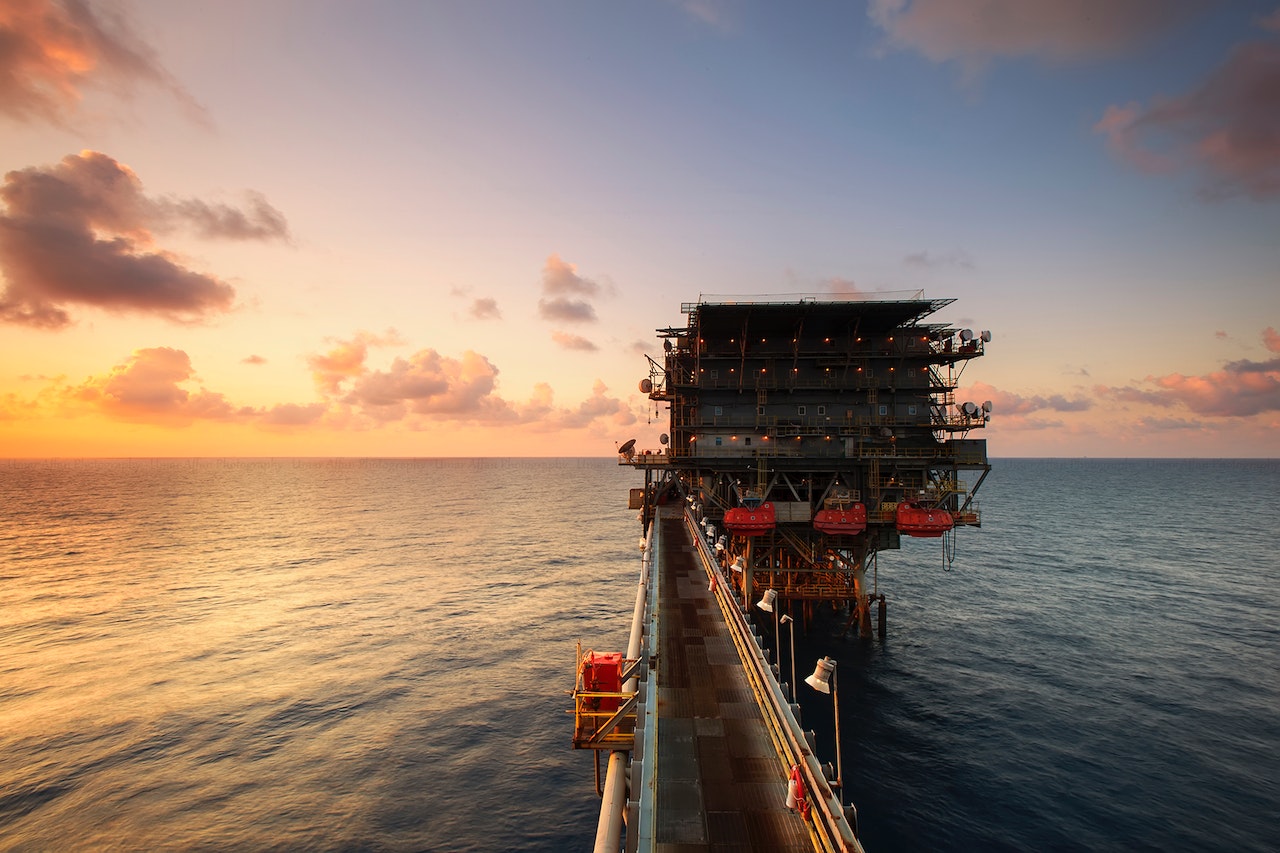In a significant development within the international oil market, the Group of Seven (G7) nations, along with the European Union and Australia, have decided to uphold the existing price cap mechanism on Russian oil and fuel. This decision, initially established in December, serves as a means to exert pressure on Moscow by restricting its revenue from oil exports. However, sources reveal that the group has not formally reviewed this pricing structure since March and currently shows no immediate intention to revisit or modify the cap.
Despite benchmark Brent oil futures reaching their peak for the year, surpassing $90 per barrel and boosting the value of global crude, including Russia’s Urals blend, the G7 countries display limited enthusiasm for altering the price cap. This mechanism allows third-party nations to acquire Russian fuel as long as they can substantiate that their purchase complies with the established price limits—$60 per barrel for crude oil, $45 per barrel for heavy fuel, and $100 per barrel for lighter fuels such as gasoline and diesel.
Initially, when the price cap was introduced, Moscow encountered considerable difficulties in securing enough ships for its oil and petroleum products. Consequently, Russia had to reduce its exports. Nevertheless, Russia managed to overcome these challenges by redirecting most of its exports to domestic or non-Western foreign shippers, eliminating the need for Western insurance coverage.
A startling revelation is that between March and June, at least 40 intermediaries, including entities with no prior experience in the field, handled a minimum of 50% of Russia’s total exports of crude oil and refined products. Despite discussions in June or July regarding a potential review of the price cap, no concrete action was taken.
In response to these circumstances, a senior official from the U.S. Treasury stated that the price cap had indeed proven effective in reducing Russian revenues. The official emphasized the G7’s adaptability but clarified that there were no immediate plans for revising the price cap. Notably, there may be opportunities for informal discussions concerning the cap on Russian oil on the sidelines of the upcoming United Nations General Assembly later this month.
The G7’s choice to suspend routine assessments of the price cap on Russian oil bears substantial consequences, notably in light of their collective objective to diminish Moscow’s financial support for the ongoing conflict in Ukraine. Simultaneously, the G7 nations seek to avert disruptions in the market arising from the European Union’s ban on Russian oil imports. This determination highlights Russia’s adeptness in redirecting its exports to domestic or non-Western foreign shippers, thus posing growing challenges for Western nations in enforcing the current price cap.
In summary, the global community remains vigilant in monitoring the Russian oil price cap, striving to strike a balance between restraining Moscow’s financial resources and managing the intricate dynamics of the global oil market. Against the backdrop of persistently high crude prices, the G7’s position on the price cap underscores their ongoing endeavor to navigate this intricate balance.
Source: Reuters



